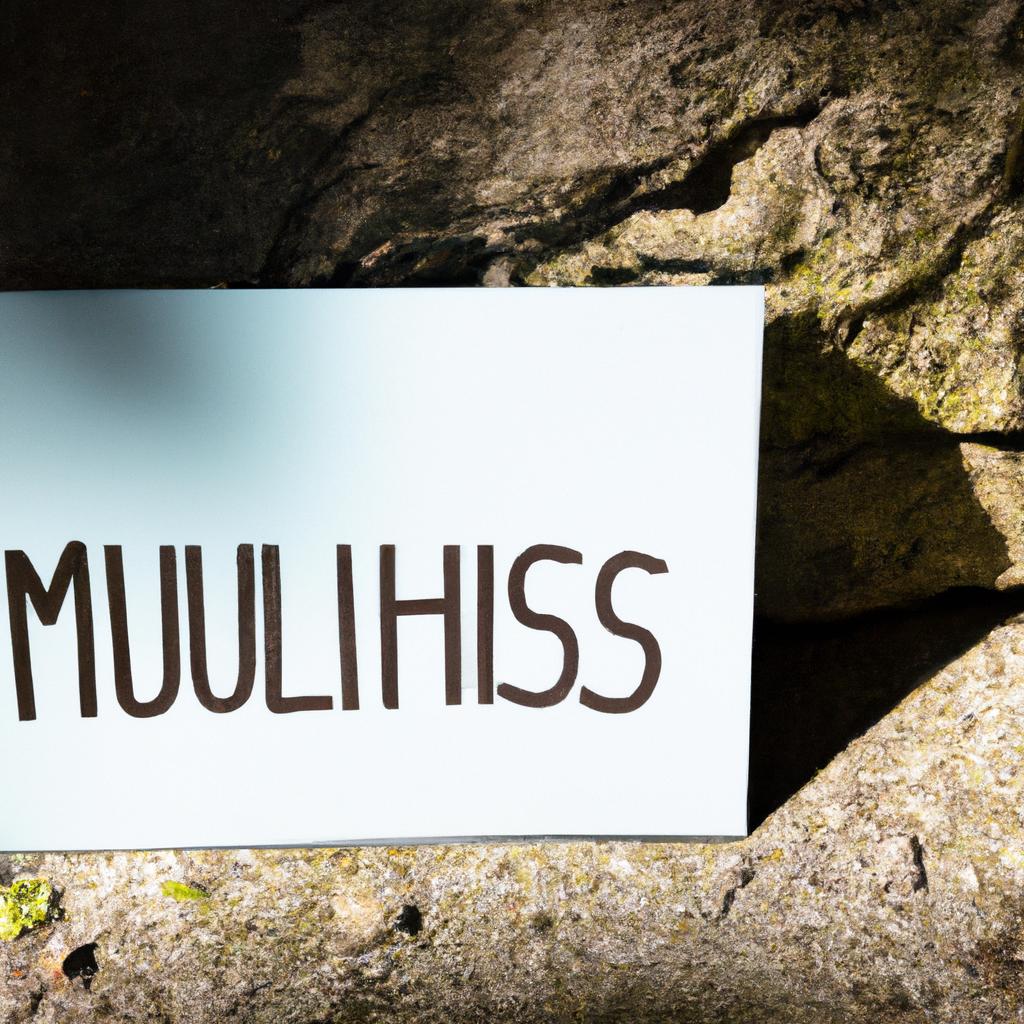**”Mindfulness Meditation and the Power of Gratitude: Cultivating a Positive Mindset Through Daily Practice”**
# Mindfulness Meditation and the Power of Gratitude: Cultivating a Positive Mindset Through Daily Practice
In today’s fast-paced world, where distractions are abundant and stress is a constant companion, cultivating a positive mindset is more important than ever. Mindfulness meditation and gratitude are two powerful practices that can help us achieve this goal. By integrating mindfulness into our daily routine and fostering a sense of gratitude, we can create a more balanced and fulfilling life. This blog post explores the intersection of these two practices, offering insights into their benefits, practical tips, and how they can enhance our overall well-being.
## Understanding Mindfulness Meditation
### What is Mindfulness Meditation?
Mindfulness meditation is a practice rooted in ancient traditions, particularly Buddhism, that emphasizes being present in the moment without judgment. It involves focusing your attention on your breath, bodily sensations, or a specific thought, allowing you to observe your thoughts and feelings without getting caught up in them. This practice promotes self-awareness and emotional regulation, helping individuals respond to life’s challenges more effectively.
### The Role of Gratitude in Mindfulness
Gratitude is the practice of acknowledging and appreciating the positive aspects of our lives, no matter how small. When combined with mindfulness meditation, gratitude becomes a powerful tool for cultivating a positive mindset. By consciously focusing on what we are thankful for during our meditation sessions, we can shift our perspective and foster a sense of contentment and joy.
## Nutrition Tips for Enhanced Mindfulness
To support your mindfulness meditation practice, consider incorporating the following nutrition tips into your daily routine:
### 1. Eat Mindfully
Mindful eating involves paying full attention to the experience of eating and drinking. This means savoring each bite, noticing the flavors and textures, and being aware of your body’s hunger and fullness cues. By eating mindfully, you can enhance your overall mindfulness practice and develop a healthier relationship with food.
### 2. Choose Nutrient-Dense Foods
Opt for whole, nutrient-dense foods that nourish your body and mind. Incorporate fruits, vegetables, whole grains, lean proteins, and healthy fats into your diet. These foods will help improve your mood and energy levels, making it easier to engage in mindfulness practices.
### 3. Stay Hydrated
Dehydration can affect your concentration and mood. Make it a habit to drink plenty of water throughout the day. Herbal teas can also be a soothing addition to your routine, providing a moment of mindfulness during the act of brewing and sipping.
## Exercise Advice for Mindfulness
Incorporating physical activity into your life can enhance your mindfulness and gratitude practices. Here are some exercise tips to consider:
### 1. Practice Yoga
Yoga is a fantastic way to combine physical movement with mindfulness. By focusing on your breath and body during each pose, you can cultivate a deeper awareness of the present moment. Many yoga classes also incorporate themes of gratitude, making them a perfect fit for your mindfulness practice.
### 2. Go for Nature Walks
Walking in nature can be a powerful way to practice mindfulness. The sights, sounds, and smells of the natural world can help ground you in the present moment. As you walk, take time to notice the beauty around you and express gratitude for the environment.
### 3. Engage in Aerobic Activities
Aerobic exercises, such as running, cycling, or dancing, can elevate your mood and reduce stress. While engaging in these activities, practice mindfulness by focusing on your breath, your body’s movements, and the sensations you experience. This can enhance your overall sense of well-being.
## Health Benefits of Mindfulness and Gratitude
Engaging in mindfulness meditation and practicing gratitude regularly can lead to numerous health benefits. Here are some of the most notable advantages:
### 1. Reduced Stress and Anxiety
Both mindfulness meditation and gratitude have been shown to lower stress levels and reduce symptoms of anxiety. By focusing on the present moment and acknowledging positive aspects of life, individuals can cultivate a sense of calm and resilience.
### 2. Improved Emotional Well-Being
Practicing gratitude can enhance emotional well-being by promoting feelings of happiness and contentment. Mindfulness meditation helps individuals process their emotions more effectively, leading to improved emotional regulation and stability.
### 3. Enhanced Relationships
Gratitude can strengthen relationships by fostering a sense of connection and appreciation for others. When we express gratitude, we not only improve our own mindset but also positively impact those around us.
## Conclusion
Incorporating mindfulness meditation and the practice of gratitude into your daily routine can significantly enhance your mental and emotional well-being. By being present in the moment and acknowledging the positive aspects of your life, you can cultivate a positive mindset that fosters resilience, reduces stress, and improves relationships. Embracing these practices not only enriches your life but also empowers you to face challenges with grace and positivity. Start small, and with consistent practice, you will reap the profound benefits that mindfulness and gratitude can bring.















Post Comment